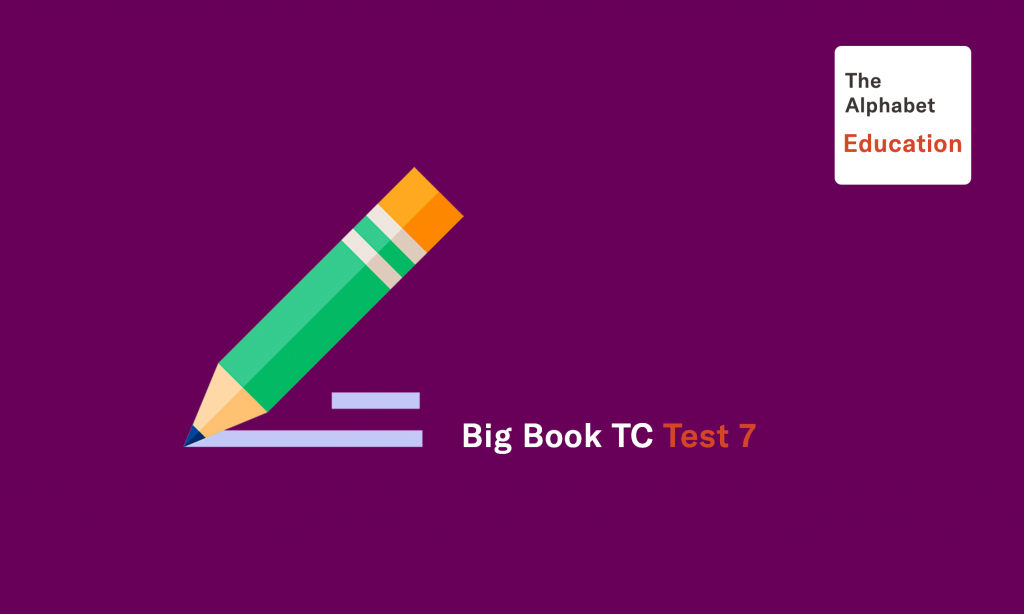
–Navigating the Future of Learning in a Technologically Evolving World | Image by The Alphabet
Education is evolving at an unprecedented pace. The traditional model, where one completes their education early and pursues the same career for life, is becoming obsolete.
In today’s rapidly changing environment, continuous learning, enhancing skills, and adapting through retraining are essential. Education is transforming to accommodate these needs. Technologies such as artificial intelligence (AI), online platforms, and emerging innovations in virtual and augmented reality are becoming central to learning. These technologies are expected to become even more entrenched in educational methodologies by the next decade.
With that in mind, let’s explore the likely prevailing trends in education and educational technology (EdTech) by 2035. Although it seems distant, understanding these trends today is crucial for preparing for a technologically advanced future that will significantly differ from the present.
The Convergence of Technology and Learning
By the year 2035, the integration of the physical and virtual environments will be more pronounced, particularly within the educational sector. Although many students will still attend physical schools, a robust array of alternatives will be available for those unable to do so, as well as for adult learners and those committed to lifelong learning.
Advancements in virtual and augmented reality technologies will make these tools more widely accessible, affordable, and user-friendly, allowing learners to interact with educators and peers as though they were together in person. Virtual learning environments will become deeply immersive, enabling students to engage in detailed simulations, perform advanced scientific research, or virtually explore historical sites.
Emerging technologies will expand educational access, particularly in underserved regions, democratizing learning opportunities. However, this shift will also bring challenges, such as the risk of social isolation and the impact of long-term screen exposure on young students.
Artificial intelligence will significantly influence education, especially through personalized learning. As student populations grow in both conventional and online settings, particularly in less developed areas, educators will leverage AI to assess individual learning styles and abilities, crafting personalized educational experiences.
AI will evolve from merely supporting academic tutoring to offering comprehensive mentoring, capable of recognizing students’ emotional and behavioral states to adapt teaching methods and provide support. Biometric data will guide students on when to study and rest for optimal learning. Moreover, adaptive learning techniques will keep students engaged by continually adjusting challenges and assessments, potentially eliminating the stress associated with traditional exams.
Such personalization could greatly improve educational outcomes, but it also raises substantial concerns about privacy and the role of human teachers. As educators shift from being primary knowledge sources to facilitators of learning, issues like data bias and the necessity for human mentorship in education will become more critical.
Frontiers of Mind and Machine
This is where the narrative approaches what might seem like science fiction. Brain-computer interfaces (BCIs), currently under development, exemplify this trend. A notable project in this area is Elon Musk’s Neuralink, but not all BCIs require invasive procedures. Non-invasive BCIs have also been in the works for some time.
In educational contexts, the initial applications of BCIs are expected to assist students with disabilities by allowing them to operate devices through thought alone. This capability would significantly improve their communication and participation in educational activities.
Within the next decade, BCIs could also enhance our understanding of how the brain learns, potentially accelerating our ability to absorb, retain, and retrieve information. By analyzing the brain’s electrical responses, researchers aim to refine our learning processes and even foster new skill acquisition, like mastering a musical instrument.
Whether such technologies will become widespread in the next ten years remains uncertain and heavily dependent on current research outcomes. Equally crucial will be society’s ability to navigate the ethical and security concerns associated with technologies that have the potential to interpret our thoughts.
Adapting Careers to Continuous Learning
The notion of a lifelong, unchanging career, common in previous generations, is now outdated. Students graduating a decade from now will recognize that they do not possess all the skills and knowledge necessary for a lifelong career. The rapid pace of digital transformation demands that those seeking fulfilling careers engage in continuous, lifelong education. Educational systems are evolving to support this shift, increasingly integrating on-the-job training and upskilling opportunities into their offerings.
Large corporations, such as Amazon, are already normalizing degree-level apprenticeship programs, and this trend is expected to grow as employers aim to cultivate workforces with the necessary skills. Learning opportunities will expand to include online and modular learning, as well as the immersive virtual learning experiences discussed previously. Micro-learning and nano-learning will provide education in small, manageable segments, deployed just in time to meet the evolving needs of industries and professions.
Educational institutions will likely offer subscription-based services, enabling flexible engagement with educational resources as personal or professional needs dictate. While STEM education remains crucial, there will be an increased focus on developing “soft” skills that are uniquely human, enhancing our ability to stay relevant in an era increasingly dominated by AI and automation.



